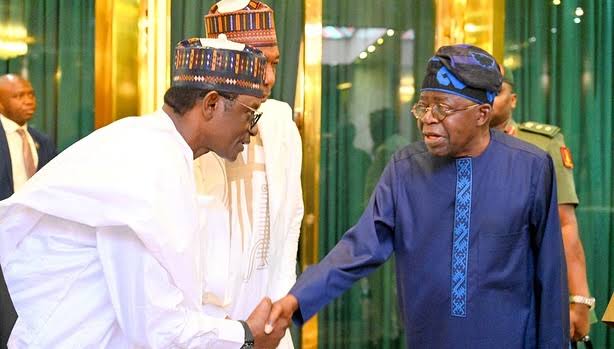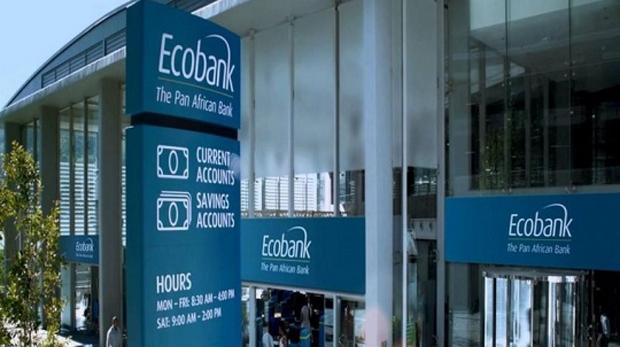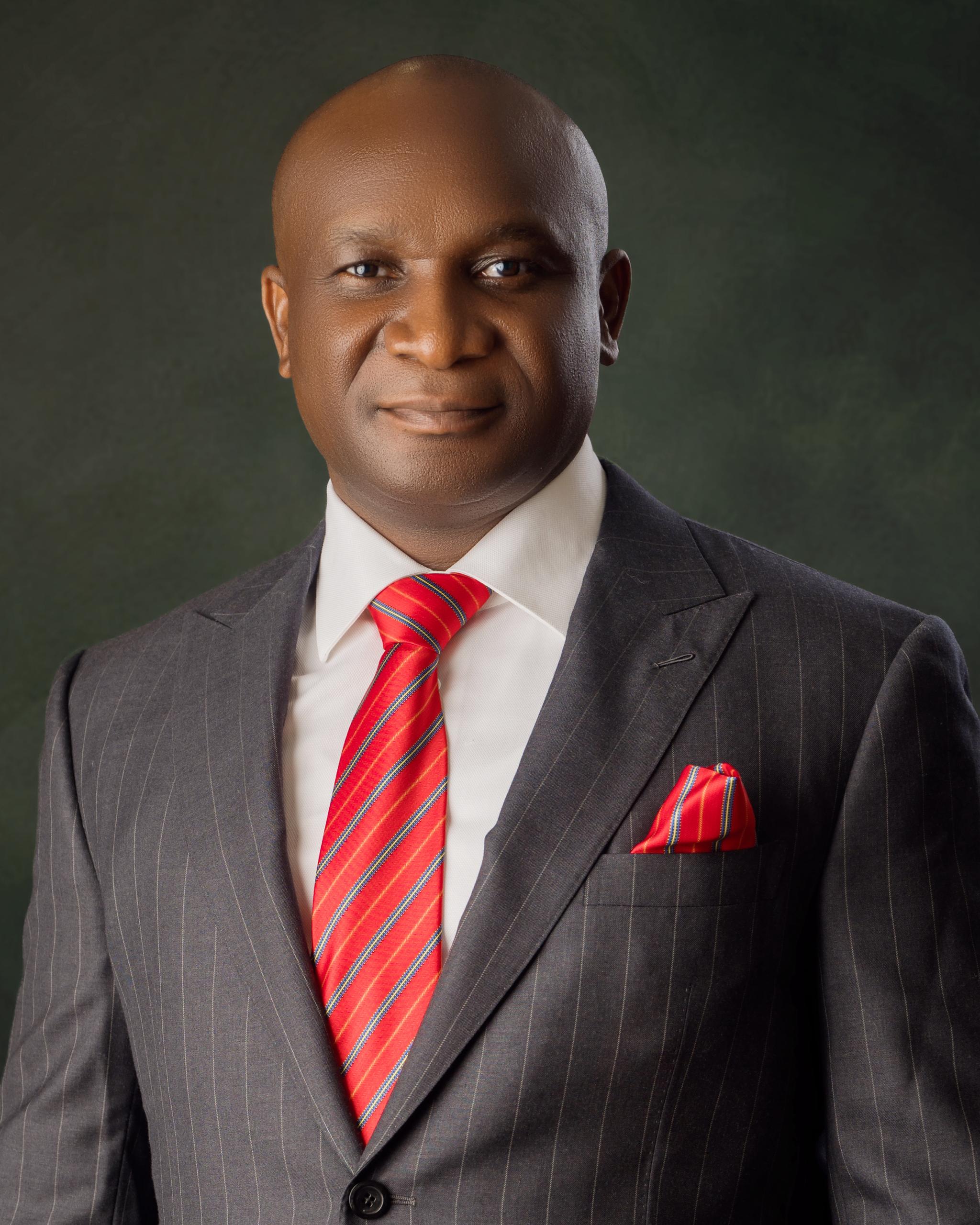In a significant move to address longstanding developmental challenges in Nigeria’s North East region, a delegation of governors from the six North Eastern states, led by Borno State Governor and Chairman of the North East Governors Forum, Professor Babagana Umara Zulum, met with President Bola Ahmed Tinubu at the Presidential Villa in Abuja. The high-level meeting, held on September 3, 2025, focused on pressing for the urgent completion of 17 vital road projects and the resumption of oil exploration in frontier wells, particularly in the Kolmani and Lake Chad regions. The delegation, which included governors from Gombe, Bauchi, Yobe, Adamawa, and Taraba, presented a unified front in advocating for infrastructure development and economic revitalization in a region that has faced significant setbacks due to insurgency, environmental challenges, and underdevelopment.
The meeting underscored the critical role of infrastructure and energy development in unlocking the economic potential of the North East, a region that has been grappling with the devastating effects of the Boko Haram insurgency, environmental degradation, and inadequate connectivity. The governors’ requests align with President Tinubu’s “Renewed Hope Agenda,” which emphasizes equitable development across Nigeria’s geopolitical zones. This article delves into the details of the governors’ demands, the significance of the proposed projects, the broader context of the North East’s developmental challenges, and the implications of the meeting for the region’s future.
Background: The North East’s Developmental Challenges
Nigeria’s North East region, comprising Adamawa, Bauchi, Borno, Gombe, Taraba, and Yobe states, has long been regarded as one of the country’s most underdeveloped zones. The region’s challenges are multifaceted, ranging from widespread poverty and limited access to education and healthcare to the devastating impact of the Boko Haram insurgency, which has displaced millions, destroyed infrastructure, and stifled economic growth. The insurgency, which began in 2009, has left a trail of destruction, with schools, hospitals, and roads reduced to rubble in many areas. According to the United Nations, over 2.2 million people remain displaced in the North East, and the region continues to face significant humanitarian challenges.
In addition to security concerns, the North East has been hampered by poor infrastructure, particularly its road network. The region’s roads, many of which are federal highways, are critical for connecting rural communities to urban centers, facilitating trade, and enabling access to essential services. However, years of neglect, coupled with the impact of flooding and desertification, have rendered many of these roads impassable, isolating communities and stifling economic activity. The governors’ request for the completion of 17 strategic road projects reflects the urgent need to address this infrastructure deficit.
The North East is also home to significant untapped natural resources, particularly oil and gas deposits in the Kolmani and Lake Chad basins. The discovery of oil in the Kolmani region, straddling Bauchi and Gombe states, was a major milestone, with the Kolmani Integrated Development Project inaugurated in November 2022. However, progress on oil exploration has been slow, hampered by logistical challenges, security concerns, and funding constraints. The governors’ call for the resumption of oil exploration underscores the potential of these resources to transform the region’s economy, create jobs, and enhance national revenue.
The Meeting: A Unified Call for Action
The delegation to the Presidential Villa was a powerful demonstration of unity among the North East governors, who set aside political differences to advocate for the region’s development. Led by Professor Zulum, the group included Muhammadu Inuwa Yahaya (Gombe), Bala Muhammad (Bauchi), Mai Mala Buni (Yobe), Ahmadu Umaru Fintiri (Adamawa), and Agbu Kefas (Taraba). Their meeting with President Tinubu was not only a platform to present their demands but also an opportunity to reaffirm their commitment to supporting the Federal Government’s developmental agenda.
In his address, Governor Zulum outlined the key priorities of the North East Governors Forum, emphasizing the need for federal intervention to complete 17 critical road projects and resume oil exploration. The roads listed include:
Kano-Maiduguri Road: A major federal highway connecting the North East to the North West.
Port Harcourt-Jos-Bauchi-Maiduguri Railway Line: A proposed rail corridor to enhance regional connectivity.
Bama-Mubi-Yola Road: A vital route linking Borno and Adamawa states.
Wukari-Jalingo-Yola Road: Connecting Taraba and Adamawa for improved trade and access.
Duguri-Mansur Road (NNPC Project): An ongoing project critical for oil exploration activities.
Bauchi-Gombe-Biu-Damaturu Road: Enhancing connectivity across four North East states.
Damaturu-Geidam Road: Improving access in Yobe State.
Bauchi-Ningi-Nasaru-Babaldo Road: A key route for agricultural transport.
Gombe-Potiskum Road: Facilitating trade and movement in Gombe and Yobe.
Damaturu-Biu Road: Connecting Borno and Yobe for economic integration.
Additional routes such as Maiduguri-Monguno-Baga Road, which are essential for security and economic activities in Borno’s northern axis.
These roads, Zulum argued, are not only critical for connectivity but also for restoring peace and stability in the region. Improved infrastructure would facilitate military operations, enable access to agricultural lands, and support the return of displaced communities. The governors also emphasized the need for sustained military operations in flashpoints such as Lake Chad, Sambisa Game Reserve, and Mandara Hills, calling for increased funding for the Multinational Joint Task Force (MNJTF) to combat insurgency.
On oil exploration, Zulum highlighted the transformative potential of resuming activities in the Kolmani and Lake Chad basins. The Kolmani Integrated Development Project, inaugurated in 2022, has been stalled due to funding and security challenges. The governors urged President Tinubu to prioritize the project, noting that it could generate significant revenue, create jobs, and complement military efforts by fostering economic stability. The Lake Chad basin, another frontier for oil exploration, holds similar promise, with the potential to position the North East as a key player in Nigeria’s energy sector.
President Tinubu’s Response: A Commitment to Equity
President Tinubu, in his response, acknowledged the governors’ concerns and reaffirmed his administration’s commitment to addressing the developmental needs of the North East. He emphasized that his “Renewed Hope Agenda” is built on the principle of equitable development, ensuring that no region is left behind. Tinubu assured the governors that his administration would prioritize the completion of the identified road projects and explore avenues to resume oil exploration in the Kolmani and Lake Chad basins.
The President’s remarks align with his broader infrastructure agenda, which includes significant investments in roads, rail, and energy projects across Nigeria. For instance, the Federal Government has already revived the 255MW Kaduna Power Plant and advanced the Ajaokuta-Kaduna-Kano (AKK) Gas Pipeline, both of which have implications for the North East’s energy security. Tinubu also highlighted his administration’s efforts to stabilize the region, building on the counter-insurgency initiatives of his predecessor, former President Muhammadu Buhari.
Tinubu’s assurance was particularly significant in light of criticisms from some quarters that his administration has favored certain regions, particularly the South-West, in infrastructure allocations. A statement from the Federal Ministry of Information and National Orientation on August 31, 2025, emphasized that Tinubu’s administration has maintained fairness across all six geopolitical zones, with the North accounting for 52% of legacy road projects and the South 48%. The North East’s inclusion in this equitable distribution was further evidenced by the approval of regulatory clearances for the Kolmani Integrated Development Project in May 2025, a move hailed as a step toward unlocking the region’s energy potential.
Implications for the North East
The governors’ requests and President Tinubu’s assurances hold profound implications for the North East’s future. The completion of the 17 road projects would transform the region’s infrastructure landscape, enhancing connectivity, boosting trade, and improving access to essential services. For instance, the Kano-Maiduguri Road and the Port Harcourt-Jos-Bauchi-Maiduguri Railway Line would integrate the North East into Nigeria’s broader economic network, facilitating the movement of goods and people. These projects align with the Federal Government’s broader infrastructure goals, as evidenced by the commissioning of the Lagos-Calabar Coastal Highway and other major roads in May 2025.
The resumption of oil exploration in the Kolmani and Lake Chad basins could be a game-changer for the North East’s economy. The Kolmani project, situated between Bauchi and Gombe, is estimated to hold significant oil and gas reserves, with the potential to generate billions in revenue and create thousands of jobs. The Minister of State for Petroleum Resources, Senator Heineken Lokpobiri, noted in May 2025 that the project’s regulatory clearances were a step toward increasing Nigeria’s oil production and driving industrial growth. Similarly, the Lake Chad basin, long identified as a frontier for oil exploration, could position the North East as a key contributor to Nigeria’s energy sector, reducing the country’s dependence on the Niger Delta.
Beyond economic benefits, the governors’ requests also address critical security and humanitarian challenges. Improved roads would facilitate military operations in insurgency hotspots, enabling faster deployment of troops and resources. The call for increased funding for the MNJTF reflects the governors’ recognition that infrastructure development must go hand in hand with security measures to achieve lasting stability. Additionally, the focus on reclaiming forests for agricultural development aligns with Tinubu’s food security agenda, offering opportunities to revitalize the region’s agricultural sector and support displaced communities.
Challenges and the Path Forward
While the meeting between the North East governors and President Tinubu is a positive step, significant challenges remain in translating these commitments into reality. Infrastructure projects of this scale require substantial funding, and the Federal Government has faced budgetary constraints in the past. For instance, the Kano-Maradi rail line, which has progressed from 5% to 67% completion, required significant federal investment, and similar resources will be needed for the North East’s road projects. The governors’ call for increased funding for the MNJTF also highlights the financial demands of sustaining military operations in the region.
Security remains a critical concern, particularly for oil exploration in the Kolmani and Lake Chad basins. The North East’s volatile security environment, marked by ongoing insurgent activities, poses risks to workers and infrastructure. The Federal Government’s efforts to deploy drones and other technologies to combat oil theft in the Niger Delta, as reported in January 2025, could serve as a model for securing oil exploration sites in the North East.
Logistical challenges, such as coordinating multiple road projects and ensuring quality control, will also test the government’s capacity. The North East’s environmental challenges, including flooding and desertification, further complicate infrastructure development, requiring innovative engineering solutions and sustained maintenance efforts.
To address these challenges, the Federal Government must prioritize public-private partnerships (PPPs), as suggested by Works Minister David Umahi in August 2025, when discussing the funding of NNPCL-backed road projects. Engaging private investors and international partners, as Tinubu did during the Nigeria-Qatar Business and Investment Forum in March 2024, could provide additional resources for the North East’s projects. Additionally, the government must maintain transparency and stakeholder engagement to ensure that the benefits of these initiatives reach the intended communities.
Broader Context: Tinubu’s Infrastructure and Energy Agenda
The North East governors’ requests align with President Tinubu’s broader vision for Nigeria’s development, as outlined in his “Renewed Hope Agenda.” The agenda emphasizes infrastructure equity, with significant investments in roads, rail, power, and energy projects across the country. For instance, the Federal Government’s approval of N3 trillion for NNPCL-funded road projects in August 2025 demonstrates its commitment to addressing infrastructure deficits. Similarly, the revival of the 255MW Kaduna Power Plant and the advancement of the AKK Gas Pipeline reflect Tinubu’s focus on energy security.
The North East’s inclusion in these efforts counters criticisms of regional bias, as evidenced by the equitable distribution of projects highlighted in the Federal Ministry of Information’s statement. The region’s strategic importance, both in terms of its natural resources and its role in national security, makes it a priority for Tinubu’s administration. The governors’ alignment with federal initiatives, such as manpower training and technology deployment, further strengthens the partnership between the North East and the Federal Government.
Conclusion
The meeting between the North East governors and President Tinubu marks a pivotal moment in the region’s quest for development and stability. The call for the completion of 17 critical road projects and the resumption of oil exploration in the Kolmani and Lake Chad basins reflects the governors’ vision for a revitalized North East, where infrastructure and economic opportunities drive progress. President Tinubu’s assurances signal a commitment to addressing these demands, aligning with his broader agenda of equitable development.
As the North East navigates the challenges of insurgency, environmental degradation, and underdevelopment, the proposed projects offer a pathway to transformation. Improved roads will enhance connectivity, boost trade, and support security operations, while oil exploration could unlock the region’s economic potential. However, the success of these initiatives will depend on sustained funding, robust security measures, and effective coordination between federal and state governments.
The North East governors’ visit to Tinubu is a testament to the power of collective advocacy and the importance of regional cooperation in addressing Nigeria’s developmental challenges. With continued commitment and collaboration, the North East can emerge as a beacon of progress, contributing to a stronger, more prosperous Nigeria.






